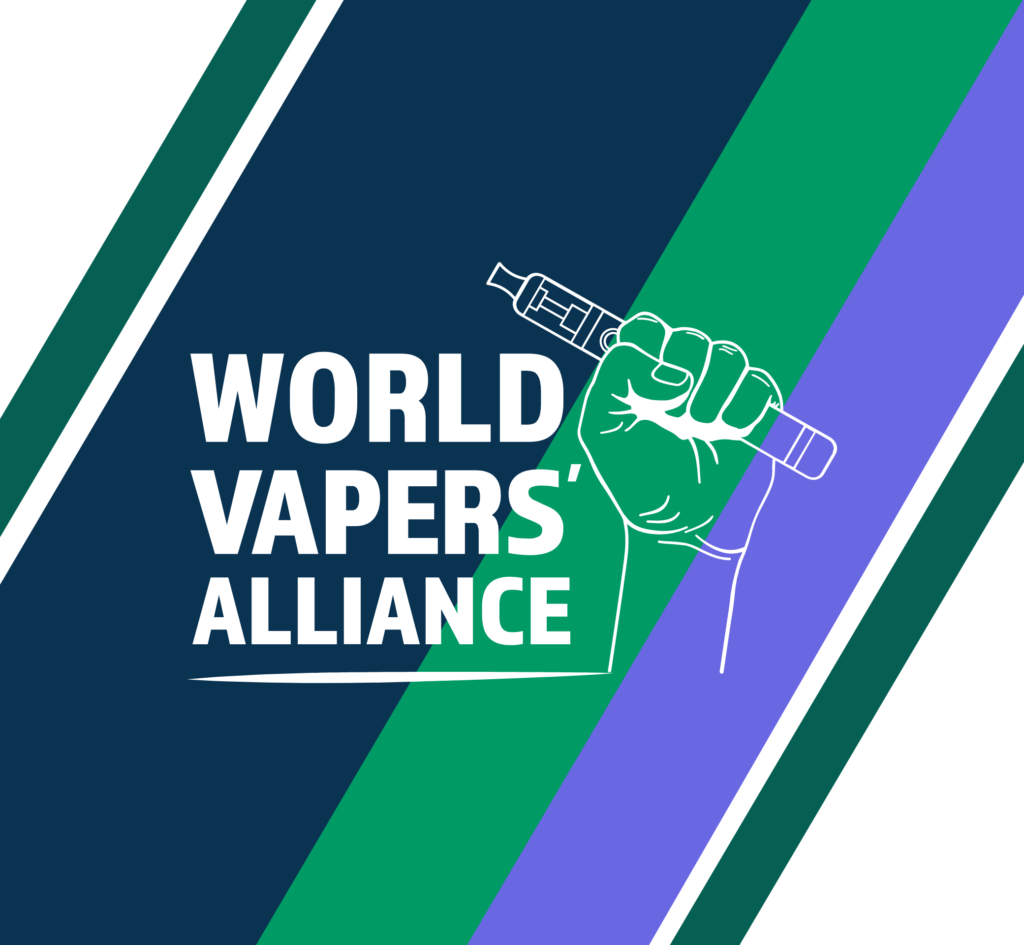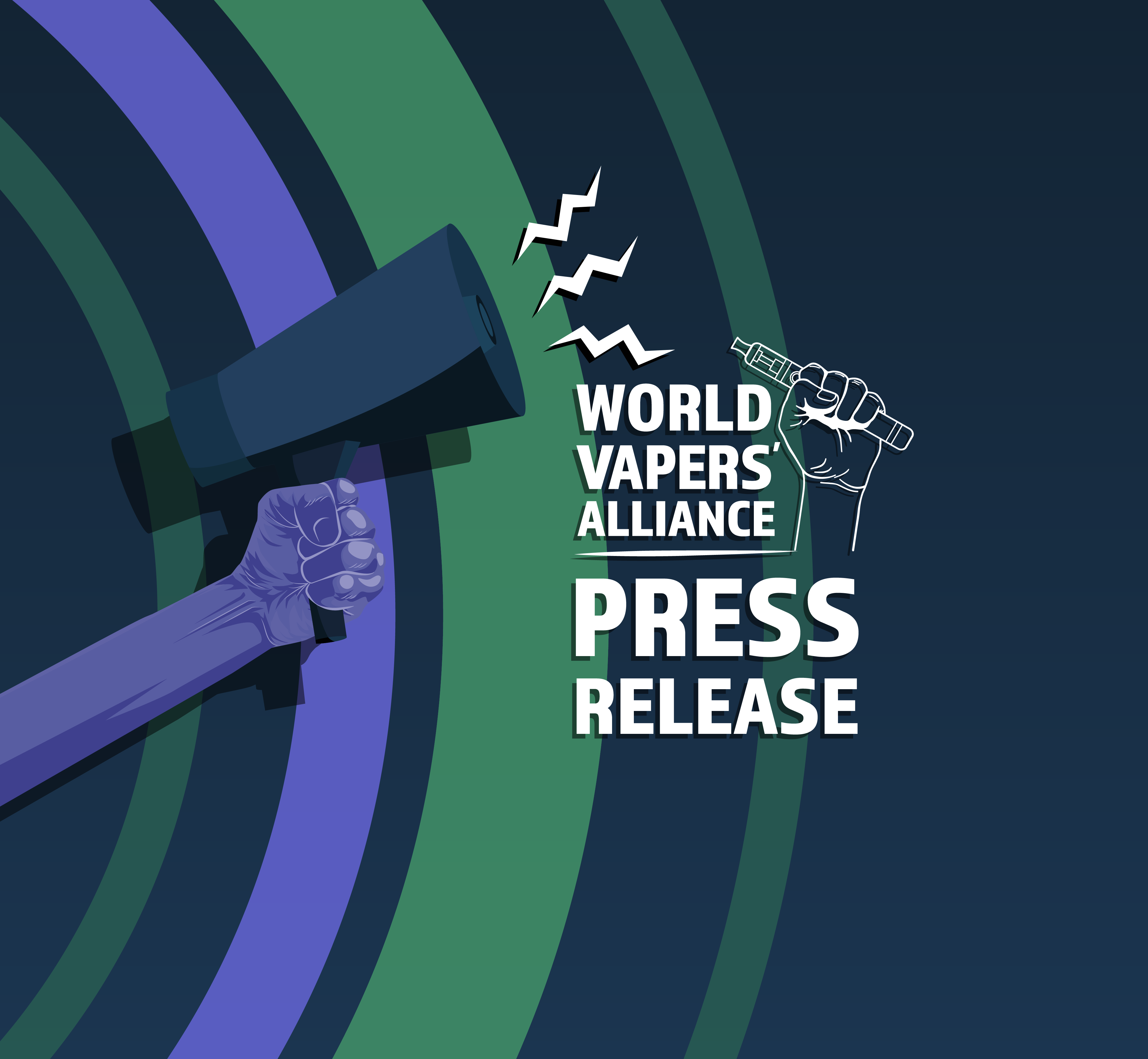GFN20 devoted much of its second and final day to science. In vaping terms it was a star-studded cast. The first session focused on COVID-19 nicotine and smoking.
You have no doubt heard reports that nicotine consumption may be linked to resistance to the virus. Two highly respected experts, Dr Ricardo Polosa, Professor of Internal Medicine at Catania University and Director of the Center for Smoking Prevention and Treatment at the University Hospital “Policlinico-V. Emanuele” of Catania Italy, and Konstantinos Farsalinos, M.D., and research fellow at the Onassis Cardiac Surgery Center in Athens, Greece examined the studies so far that have taken place in the UK, France Israel, China and Spain. There’s some pretty compelling support for the potential protective effect nicotine can have against Covid-19 this from all the studies. They all show that smokers are under-represented among hospitalised cases, but the overall effect of nicotine is hard to discern because the negative health effects of smoking mask the beneficial ones.
Meanwhile, Dr Roberto Sussman, senior researcher and lecturer in physics at the National University of Mexico debunked the bad and misleading ‘science’ supporting the attacks on tobacco harm reduction. “People who spread bad science should be held accountable,” Dr Sussman said, adding: “It’s not just an academic issue, this is about real people’s lives: smokers dissuaded from switching to safer alternatives, vapers who give up and return to smoking, for example.
Dr Pini Matzner from the Israel-based data analytics firm Signals-Analytics, demonstrated what technology can do to improve research, demonstrating with a study the firm did into evali. It raised the alert about vitamin E acetate – the true culprit in this tragic story of teens in the US being poisoned by black market THC pods – a full year before the Food and Drug Administration in the US confirmed as much.
Tim Philips, Founder and Managing Director of ECigIntelligence, spoke on the impact of last year’s developments regarding vaping, false science in the U.S and the global impact these developments were likely to have. Much of his analysis offered a reality check. Issues he discussed included; increased state and local bans on nicotine vapor products, the impact on the cannabis vaping sector is not as hard as on nicotine vaping. Things will only get worse for nicotine vaping in terms of regulations & restrictions.
Abrie du Plessis, a former law lecturer at the University of Stellenbosch, South Africa, said the realistic expectation looking ahead should be “a flexible, evidence-based set of guidelines taking into account all aspects of tobacco harm reduction” which make the goals of tobacco harm reduction a reality. He gave a quick overview of some of the policy challenges ahead, and how the pandemic has shifted the chronology of events in an important way: Europe will fix its position before going into the COP9 which has now been postponed to the end of 2021.
Dr. Marina Foltea, Founder and Managing Director at Trade Pacts, talked about the right to health upheld by documents such as the Universal Declaration of Human Rights, and said that all states had an obligation to uphold this right. Access to information is key to this right so that citizens can make informed decisions as to their own health, particularly regarding information as to the benefits of vaping over cigarette smoking.
Patricia Kovacevic, Consultant at RegulationStrategy said that vaping was the greatest tool to either deter or accelerate cigarette smokers towards safer nicotine products. She said the striking of a balance should be based around the science.
In the final session Adam Wodak, a retired doctor and President of the Australian Drug Law Reform Foundation took a broad view of harm reduction. Whether it’s needle/syringe programs for heroin addicts, seat belts and air bags in cars for alcohol, condoms and safe sex education for sexual behaviour, all these forms of harm reduction are extremely cost effective when you compare their cost with the reduced burden on tax payers. The same is true for vaping – even more so as it’s vapers who buy their gear so there’s zero cost to the state. “Would a modest investment in tobacco harm reduction pay dividends? A resounding yes!” he said.
Dr Sree Sucharitha, Professor in the Department of Community Medicine, Tagore Medical College Hospital, Chennai, India, has carried out painstaking research to assess the need and desire of some of the poorest people in India for a less harmful alternative to smoking. She interviewed over 4000 migrant labourers working on construction sites. India bans vaping. The only thing available is old fashioned nicotine replacement products like gum. The problem is they aren’t available everywhere, and for the poorest they are far too expensive.
Meanwhile, Chimnemwe Ngema, a social scientist, tobacco harm reduction advocate and Project Manager for THR Malawi, pointed out how hard it is to change perceptions in a country wedded to tobacco production. He said countries like his need to look at alternative, less harmful ways of using the tobacco leap, such as Snus. “Smoking is the root problem, not tobacco,” he said.
Spike Babaian, a former academic at New York University, a long-time vaper and owner of a chain of coffee shops, gave some fascinating insights into vapers in her area, and she explained how important a good vape shop is in educating would be vapers.
And she left me with the most memorable image of the day in a quote about the irrationality of smoking. Behind a photo of red apple she said: “If there was a 50% chance that this apple would kill you you’d be very unlikely to eat it. Yet that is what smokers do every single day.”
Yep, and it makes me thankful that I saw sense by switching to the safer alternative. That’s all from GFN for another year.
An excellent event. It is encouraging to see how many smart people have devoted their lives to reducing the harm from smoking tobacco. A big thanks to the organisers and in particular the hosts, Gerry Stimson, Caitlin Notley and Marina Foltea.




